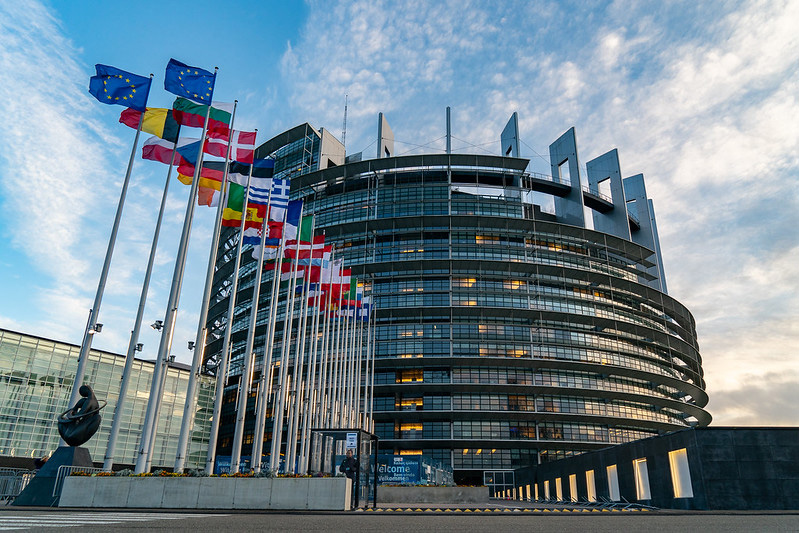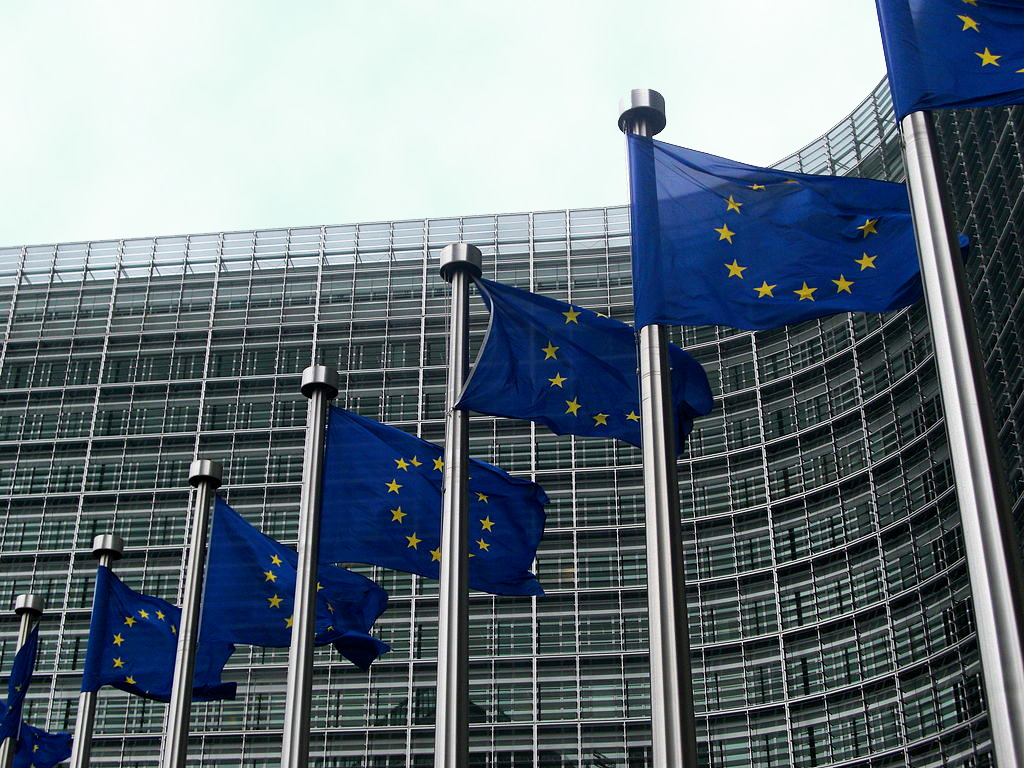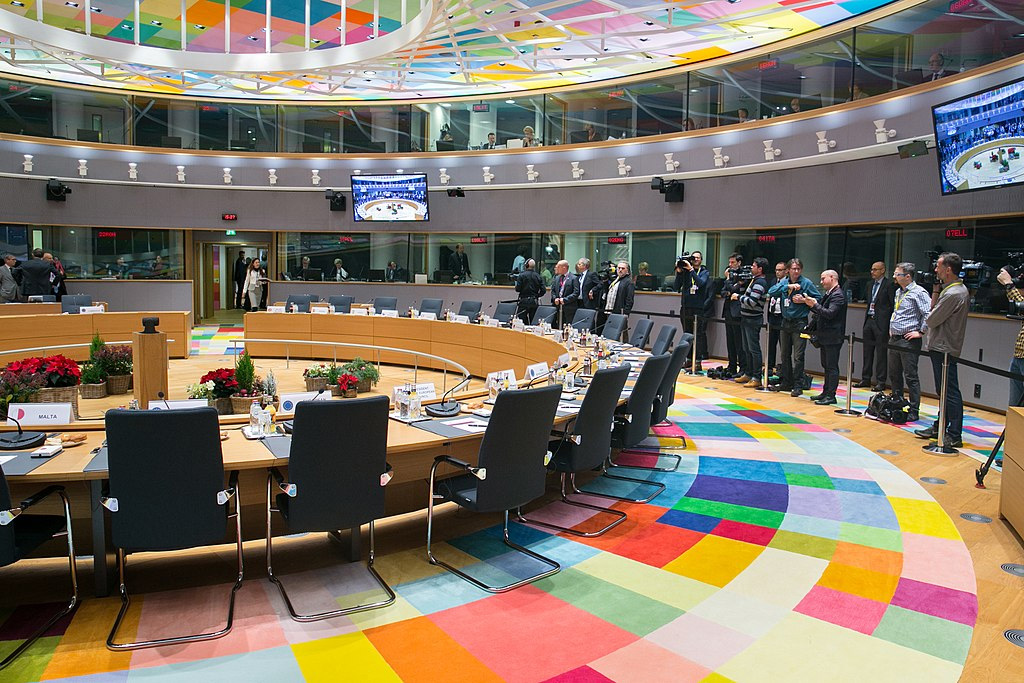European Parliamentary Elections are a hot topic. But What does the European Parliament do?
The European Parliament is an elected body of 720 members proportionally from each of the 27 European states. France has 81 deputies. They are elected for 5 year terms. As of the last election in 2019, the youngest MEP was Kira Marie Peter-Hansen of Denmark, who was 21 at the time. She is also the youngest person ever elected to the European Parliament. The oldest MEP ever was Manolis Glezos (see tidbits below) from Greece who was 92 when elected in 2014. The Parliament is an important forum for political debate and decision-making at the EU level and acts as a co-legislator, sharing with the Council the power to adopt and amend legislative proposals and to decide on the EU budget. It also supervises the work of the Commission and other EU bodies and cooperates with national parliaments of EU countries to get their input. The European Parliament is the guarantor of freedom, equality and the rule of law throughout the European Union. It therefore holds legislative power at European level. It also elects the president of the European Commission, that is to say the body which embodies the executive branch of the European Union, responsible for proposing and implementing law and daily management. See how it all works here.
(Stay tuned for next week’s article about how the election works)

European Parliament in Strasbourg. CC-BY-4.0: © European Union 2020 – Source: EP ». (creativecommons.org/licenses/by/4.0/)
But don’t mix up these other similarly named entities.
What is the European Commission?
The European Commission which sits in Brussels is the EU’s politically independent executive arm. It is alone responsible for drawing up proposals for new European legislation, and it implements the decisions of the European Parliament and the Council of the EU. The commission promotes the general interest of the EU by proposing and enforcing legislation as well as by implementing policies and the EU budget. The Members are a team of Commissioners, one from each EU country. The President is currently Ursula von der Leyen. Website: European Commission

Flags in front of the European Commission building in Brussels. By Sébastien Bertrand. Creative Commons Attribution 2.0 Generic license.
What is the Council of the European Union?
In the Council of the EU, informally also known as the Council, government ministers from each EU country meet to discuss, amend and adopt laws, and coordinate policies. The ministers have the authority to commit their governments to the actions agreed on in the meetings. Council meetings take place in Brussels, except for three months (April, June and October) when they are held in Luxembourg. Together with the European Parliament, the Council is the main decision-making body of the EU. The Council is presided in rotattion among the EU member states every six months. every country takes its turn. This means that every member state – however big or small – holds the presidency of the Council every 13-and-a half years. During this six-month period, the presidency chairs meetings at every level in the Council. The presidency is responsible for driving forward the Council’s work on EU legislation, ensuring the continuity of the EU agenda, orderly legislative processes and cooperation among member states. To insure some kind of continuity and cohesion with this rapidly changing leadership the member states holding the presidency work together closely in groups of three, called ‘trios’. This system was introduced by the Lisbon Treaty in 2009. The trio sets long-term goals and prepares a common agenda determining the topics and major issues that will be addressed by the Council over an 18-month period. On the basis of this programme, each of the three countries prepares its own more detailed six-month programme. The current trio is made up of the presidencies of Spain (president second half of 2023), Belgium (president first half of 2024) and Hungary (president second half of 2024).
Be sure not to confuse the Council of the European Union with the European Council (quarterly summits, where EU leaders meet to set the broad direction of EU policy making) and the Council of Europe which is not an EU body at all, but an independent body that promotes democracy and human rights across Europe and beyond.

Creative Commons Attribution 2.0 Generic license.
Tidbits:
- One of the things Europe does for us is provide a Europe wide carte vitale. Find out more.
- Manolis Glezos was a left-wing politician, journalist, author, and folk hero, best known for his participation in the World War II resistance. In Greece, he is best remembered for taking down the Flag of Nazi Germany from the Acropolis during the Axis occupation. During the European Parliament election of 2014 he was the most voted-for candidate in Greece.

